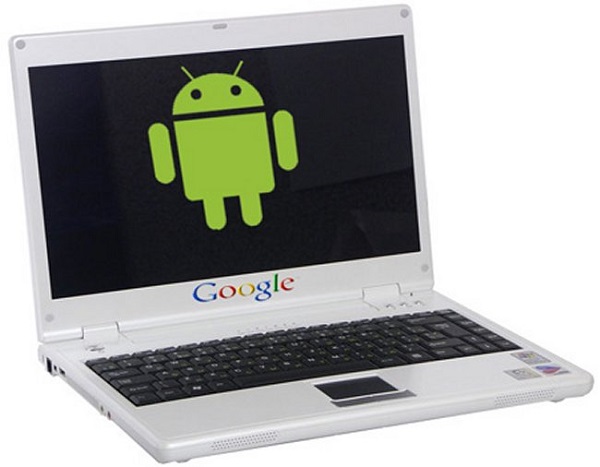The theory that people cannot live without hardware buttons gets confirmed once again, as Android notebooks starting at $200 are announced.
Hybrids between tablets and notebooks are not something new. Asus has its Transformer line, and Lenovo showcased ThinkPad Helix at CES earlier this year. However, fully fledged notebooks running Google’s mobile operating system are yet to be developed. According to Dadi Perlmutter, Intel executive VP and chief product officer, Android will soon take over this market, too, so if you’re looking for a reasonably priced notebook that runs one of the best mobile operating systems in the world, the wait will soon be over.

If you’re curious as to why has an Intel representative announced the launch of notebooks running a Google OS, the answer is quite simple: the notebooks will be powered by Intel Atom CPUs.
The price was brought down by some new technology advancements Intel has made recently, according to Dadi Perlmutter: “We have a good technology that enables a very cost-effective price point.” The future line of Intel Atom notebooks will not run exclusively on Android. Windows 8 is one of the mentioned alternatives, but exactly how affordable these will be “depends on how Microsoft prices Windows 8. It may be a slightly higher price point.”
Hopefully, the Intel Atom CPUs, along with the other hardware components, are not that power hungry. Some tablets come with 9,000 or even 10,000 mAh batteries which allow people to use their device for up to 9 hours. Things are a bit different when it comes to notebooks, but one can still dream. At a price point of $200, there are a lot of compromises in quality that hardware manufacturers could make.
There’s one question that has not yet been answered, though: is Google giving up on its Chromebooks? When compared to Android, Chrome OS is far less popular. Of course, it might address a different audience, but a web-based operating system will never be as practical as Android. My statement is based on the number of functionality of Google apps, alone.
Given the small price of only around $200 and the great number of people Android notebooks would appeal to, such a move should make manufacturers of other operating systems fret. I’m absolutely sure we’re never going to see an iOS or Windows notebook carrying such a price tag so… Apple, Microsoft, now would be a good time to panic!
If you liked this post, please check the Feno folding notebook design and Nokia’s Booklet 3G.










